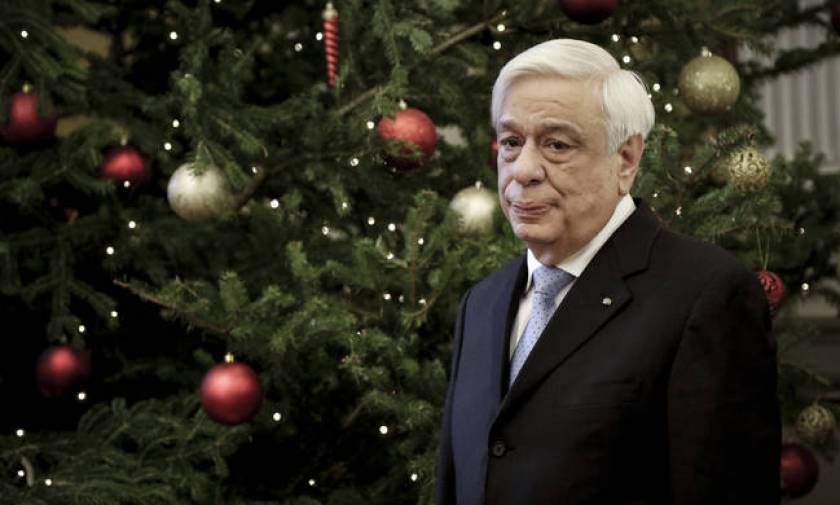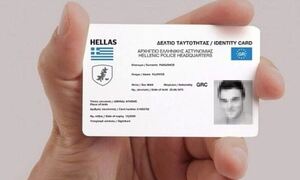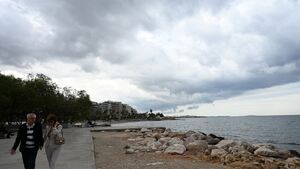Pavlopoulos: The past teaches us, the present makes us stronger, the future unites us

Greek President Prokopios Pavlopoulos in his message for the New Year referred to the great potential of the Greek people and the Greek nation.
"The past teaches us. The present makes us stronger. The future unites us in order to conquer what is rightfully ours," Pavlopoulos underlined.
"With full respect for the provisions of the Constitution, which also define my institutional role as President of the Republic, I am sending you this message just before the New Year's Eve. This past year forces us not to forget that we are still experiencing the tragic consequences of the profound social and economic crisis, which has seriously damaged social cohesion, with the weakest economically groups and the new generation being the main victims. However, this year has shown that all of us have the right to hope that if we stand determined and united - as we always do on important national issues - we can and must, as of 2018, plan the future that suits us," he said.
It is all these guarantees that always provide us the following rights under the conditions of unity of all the democratic political powers:
The right of Greece to be an integral member of the European Union and its hard core, the eurozone, but also play a leading role in the completion of European unification and therefore the European edifice in order for the European Union to complete its historic role for the consolidation of peace, democracy and justice throughout the world.
The same guarantees that I have already mentioned give us another right. The right to defend, as a People and as a Nation, our national issues, which are, of course, the issues of our European family. These issues are also the basis for measuring the friendship and good neighborly relations as well as the European perspective of our neighboring states, provided that they all depend on their full respect:
First, the entire sovereignty of the Republic of Cyprus, as a member state of the European Union and its hard core, the eurozone.
Secondly, the international law, and in particular the Treaty of Lausanne.
Third, the status quo of the existing borders. This means, among other things, the avoidance of the use of unrecognized names, which cause irredentism, totally contrary to the European acquis.
Fourth, the fundamental rights of the people. Primarily the right to ownership and the minority rights.
Source: ana-mpa













